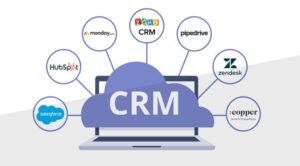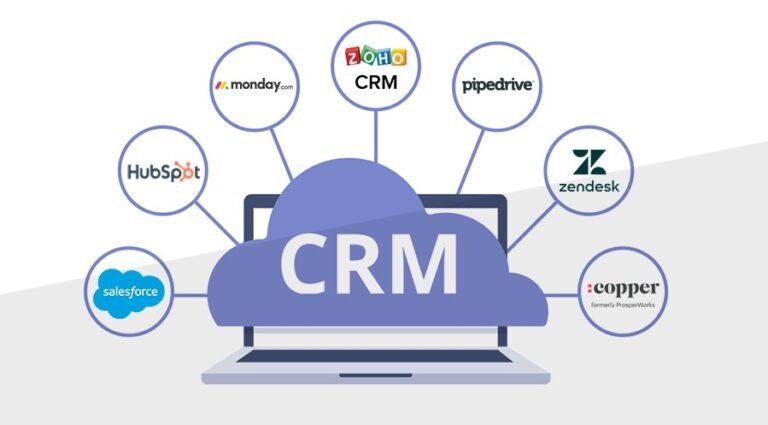Customer Relationship Management (CRM) software has become an essential tool for businesses, especially in the hospitality industry. With the rise of online booking platforms and social media, it has become crucial for businesses to have a comprehensive understanding of their guests’ needs and preferences. CRM software plays a crucial role in this context.
Understanding CRM Software
CRM software is an advanced technology that helps businesses manage their interactions with current and potential customers. It allows businesses to gather, organize, and analyze customer data in order to improve relationships with them. In the hospitality industry, this means understanding guests’ preferences, behavior patterns, and purchasing habits in order to provide a personalized experience.
CRM Software
The Power of CRM Software for Crafting Unique Guest Experiences
Personalization is key in the hospitality industry, and CRM software plays a significant role in achieving it. By analyzing guest data, businesses can create unique experiences tailored to each individual’s preferences. For example, if a guest has previously expressed interest in outdoor activities, the hotel could offer them a personalized itinerary with recommendations for nearby hiking trails or adventure parks.
CRM software also helps businesses anticipate guests’ needs and wants. By tracking their past interactions with the business, such as previous stays or preferences indicated during booking, businesses can proactively offer personalized services and amenities. Not only does this enhance the overall guest experience, but it also fosters greater customer loyalty.
The Benefits of Implementing CRM Software
Apart from crafting unique guest experiences, there are many other benefits to implementing CRM software in the hospitality industry. These include:
- Streamlined communication: With all guest data stored in one centralized system, it becomes easier for businesses to communicate with their guests. This can be through personalized emails or messages sent directly through the CRM software.
- Better marketing strategies: By understanding guests’ needs and preferences, businesses can create targeted marketing campaigns that are more likely to resonate with their audience. This can result in a boost in bookings and revenue, driving increased profitability.
- Improved customer service: With access to guest data, staff members can provide a more personalized and efficient service, leading to higher levels of guest satisfaction.

The Future of CRM Software in Hospitality
As technology continues to evolve, so too does the potential of CRM software. The future of CRM in the hospitality sector is likely to be shaped by the integration of artificial intelligence (AI) and machine learning. These technologies can help to further refine the personalization process, delivering even more tailored guest experiences. For example, AI can analyze vast amounts of data to predict future behavior, enabling businesses to offer personalized experiences and services even before a guest makes a booking. Machine learning, on the other hand, allows CRM systems to continually learn from the data they gather, improving their ability to deliver unique guest experiences over time.
Conclusion
In conclusion, CRM software provides a powerful tool that enables businesses in the hospitality industry to understand their guests better and create unique, personalized experiences. With the potential of AI and machine learning integration, the role of CRM software is set to become even more significant in shaping guest experiences. It is, therefore, an investment that businesses in this sector cannot afford to overlook if they wish to remain competitive in today’s digital age. So, implementing CRM software is crucial for crafting unique guest experiences and staying ahead in the industry.
Visit to read more articles: Etho Zen

